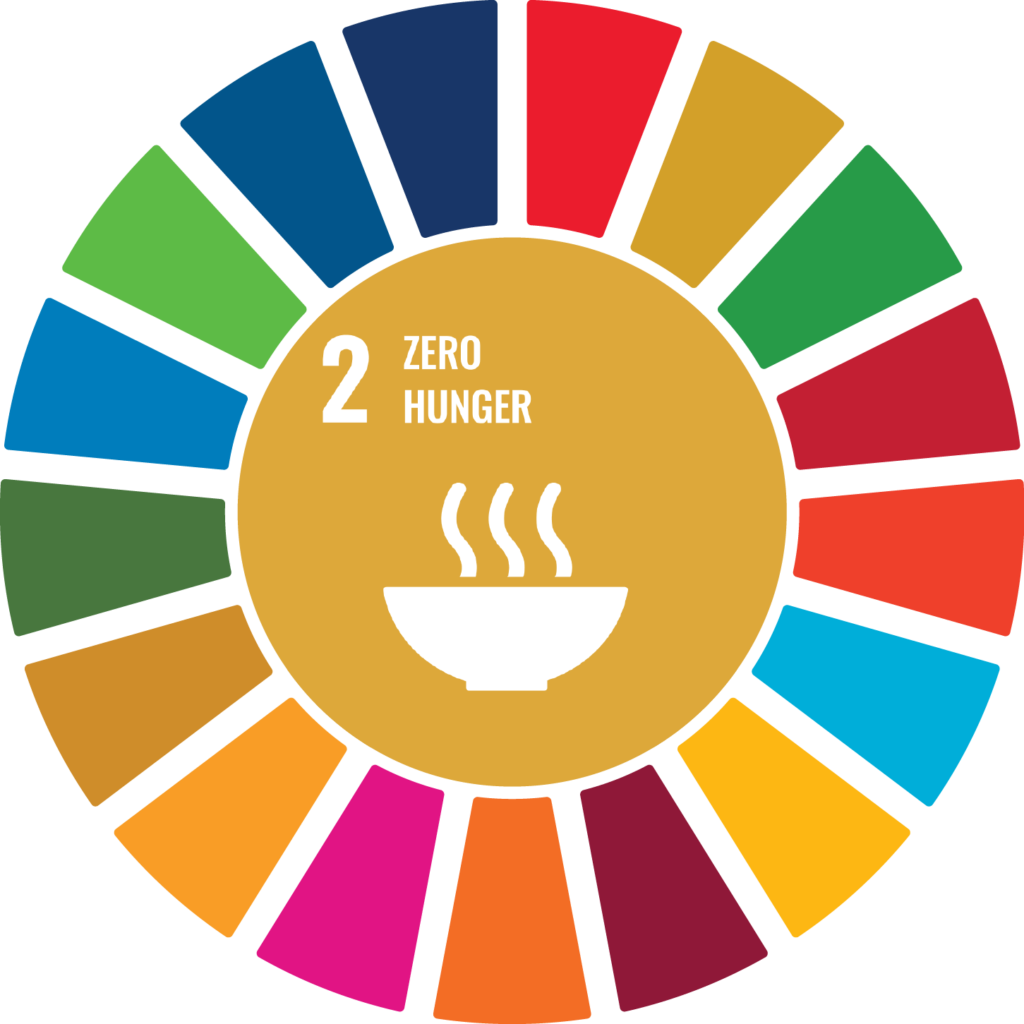Free Food Partners/ Brands/ Businesses

The role of private sector partnerships in driving successful free food programs and promoting sustainable development cannot be overstated. In a world grappling with hunger and environmental challenges, these collaborations have emerged as powerful catalysts for change.
Private sector partnerships bring valuable resources and expertise to the table. With their financial muscle and business acumen, companies can invest in the development and expansion of free food programs, ensuring their reach and impact are maximized. These partnerships also provide access to technology and innovation, allowing for efficient and sustainable food production, storage, and distribution. By leveraging their supply chains and logistics networks, private sector actors can contribute to reducing food waste and improving access to nutritious meals.
Private sector partnerships foster innovation and entrepreneurship. By working together, businesses and non-profit organizations can develop new models and approaches to address food insecurity and promote sustainable development. They can collaborate on research and development initiatives to enhance agricultural practices, improve crop yields, and promote climate-resilient farming techniques. This innovation-driven approach not only ensures the long-term viability of free food programs but also contributes to broader goals of sustainability and resilience.
Private sector partnerships can play a pivotal role in advocating for policy changes and creating an enabling environment for free food programs. By engaging with governments, civil society organizations, and other stakeholders, these collaborations can drive systemic change. They can advocate for policies that prioritize food security and sustainable development, as well as foster public-private partnerships at the national and international levels.
Private sector partnerships are indispensable in driving successful free food programs and promoting sustainable development. Their resources, expertise, innovation, and advocacy capabilities make them key actors in tackling hunger and environmental challenges. By harnessing the power of collaboration, we can build a more equitable and sustainable future where no one goes hungry.